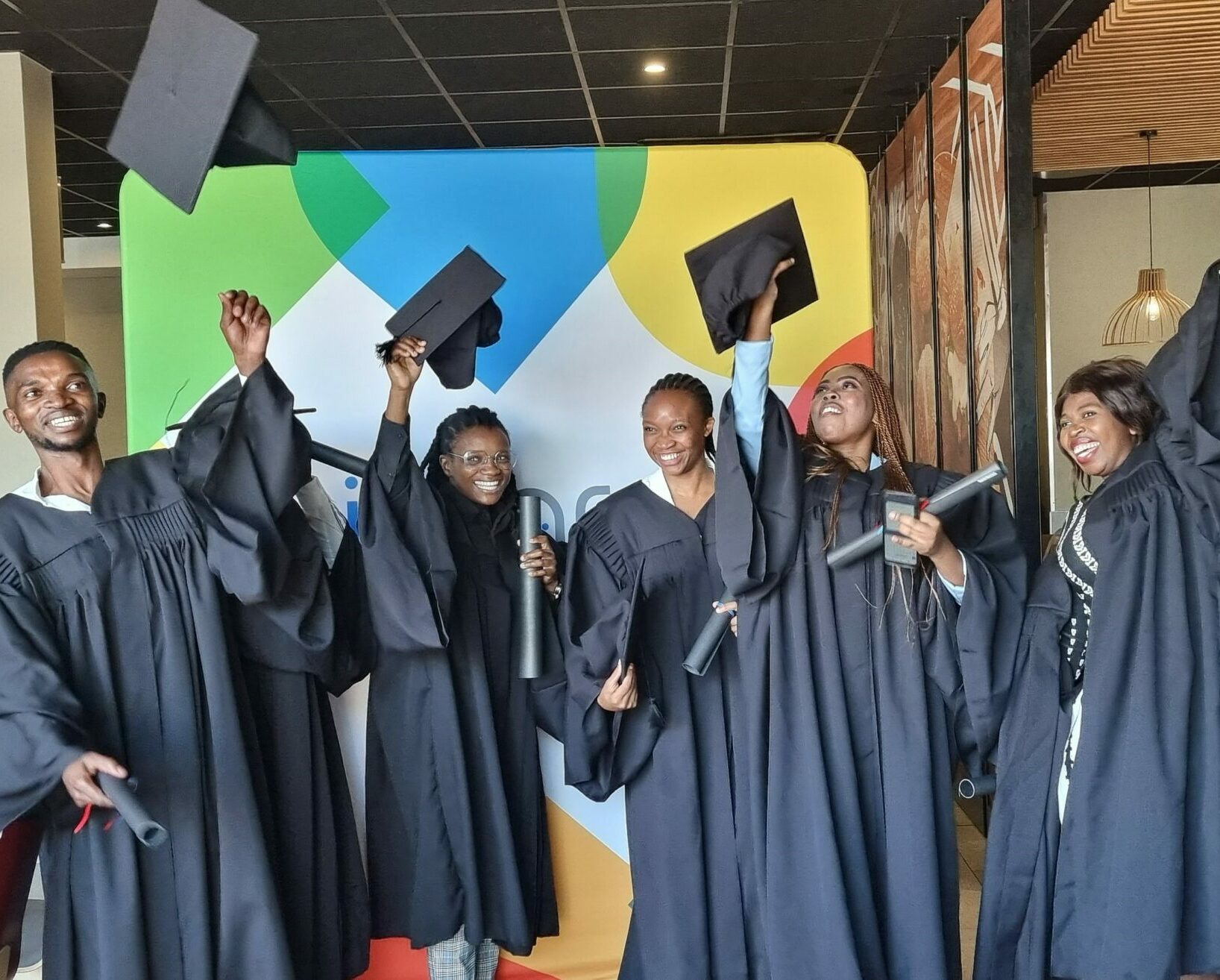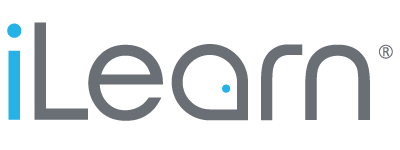
What Is A Learnership?
A learnership is a work-based learning programme that leads to an NQF registered qualification. Learnerships are directly related to an occupation and are managed by Sector Education and Training Authorities (SETAs). Learnerships require full time attendance and consists of both a theoretical course (30%) as well as practical on the job training (70%), which is done at a workplace, in order to graduate.
Who Can Apply For A Learnership?
- Unemployed South African citizens from previously disadvantaged ethnic groups (i.e. Africans, Coloured's and Indians)
- Has a minimum grade 10 pass
- Is between 18-34 years of age
- Abled bodies and people living with disabilities
What Documents Must An Applicant Submit?
- Curriculum Vitae
- Proof of Highest Qualification
- Certified Copy of Identity Document
- Proof of SARS/Income Tax number
- Proof of Residence
- Proof of Disability (if applicable)
What Documents Must Be Submitted As Proof Of Disability?
- A medical note from treating/diagnosing doctor confirming disability
- Medical note must contain the doctor’s mp/pr. number, email address and contact numbers
Will Documents Be Verified?
Yes, all documentation will be verified through a vetting process and doctors will be contacted to confirm disability and authenticity.
Want To Apply For A Learnership?

Learnerships are generally funded by a relevant SETA. The cost of the learnership is covered and paid for by the company.
Yes, learners will be paid a stipend for the duration of the learnership to covers expenses such as travel and meals. The stipend amount that is paid depends on the SETA, the type of learnership and the NQF level. The allowances and conditions are agreed to with the learner before the commencement of the learnership.
Yes, unemployed South Africans can part take in a learnership if there is an employer who is prepared to provide the workplace experience.
The recommendation for someone who is employed and wanting to do a learnership is to have the discussion with their employer first and to see if this is something the employer is open and willing to do, if so then the employer can contact a suitable training provider to begin the discussion.
Once you have applied for a learnership your application will be placed on file, our team may contact you for more information or call you to conduct an interview upfront. There is no guaranteed time period as to when/if you will be contacted to be placed on a learnership from the time of your application or interview (if conducted). This may mean that you will remain on our files for some time before being placed.
No, learnerships are not an online course, they consist of both theory and work-place experience. Some of the theory components may be conducted virtually depending on the type of learnership and the client requirements.
Only those that have completed their qualification at a university or college can apply.
No, you will need to complete the various NQF levels first before being able to do a higher NQF level, unless you have the relevant amount of work experience in the field and have completed the pre-assessment that shows that your level of knowledge and skills is equivalent and thus allows you do a higher level NQF qualification.
Yes, one of the purposes of a learnership is to provide learners with workplace experience
Our learnerships take place nationally, they may take place at a client’s premises or training venue and are conducted either face-to-face or virtually.
You can apply for a learnership at any time.
Intake for learnerships is based on client requests, applications are therefore continuously open. The start of the learnership will only be communicated to those successful candidates that have been selected for placement once a learnership opportunity opens.
The minimum numeracy, literacy and computer skills required are based on the learnership, this information can be found on the specific learnership page under the tab pre-requisites. Other requirements include being an unemployed South African citizen from previously disadvantaged ethnic groups (i.e. Africans, Coloured’s and Indians), have a minimum grade 10 pass, are between 18-34 years of age and abled bodies as well as people living with disabilities
Learners entering a learnership will need to sign two legal documents:
1. Learnership Agreement: this is an agreement signed by the learner, the company employing the learner, and the training provider offering the theoretical component of the learnership. This agreement clearly outlines the rights and responsibilities of all three parties.
2. Employment contract: this is a contract the learner will sign with the employer, which is only valid for the duration of the learnership.
The average duration of a learnership is twelve (12) months, however, some learnership are longer i.e. eighteen (18) to twenty-four (24) months.
Learners are required to complete various assignments referred to as Portfolio of Evidence (POE) during the duration of the learnerships. They will be formally assessed in the classroom as well as in the workplace. If a learner completes all their assessments successfully and is found competent, they will be awarded a nationally recognised NQF registered qualification.
Employment is not guaranteed, but once you have successfully completed your learnership, you will be in a much better position to market yourself as you will now have both work experience and theoretical training.
Yes, a learnership can be terminated under certain circumstances:
An employer can terminate the contract of a learnership if:
1. The duration specified in the learnership agreement has expired;
2. The employer and learner have agreed in writing to terminate the learnership agreement, or if there is no such agreement, the SETA that registered the agreement approves the termination; or
3. The learner is fairly dismissed for a reason related to the learner’s conduct or capacity as an employee.
1. Learners may have better employment opportunities after completing a learnership.
2. Learners have a fixed-term employment contract for the duration of the learnership.
3. Learnerships improve on the job performance.
4. Learners obtain a nationally recognised.
5. Learners earn a stipend for the duration of the learnership.
